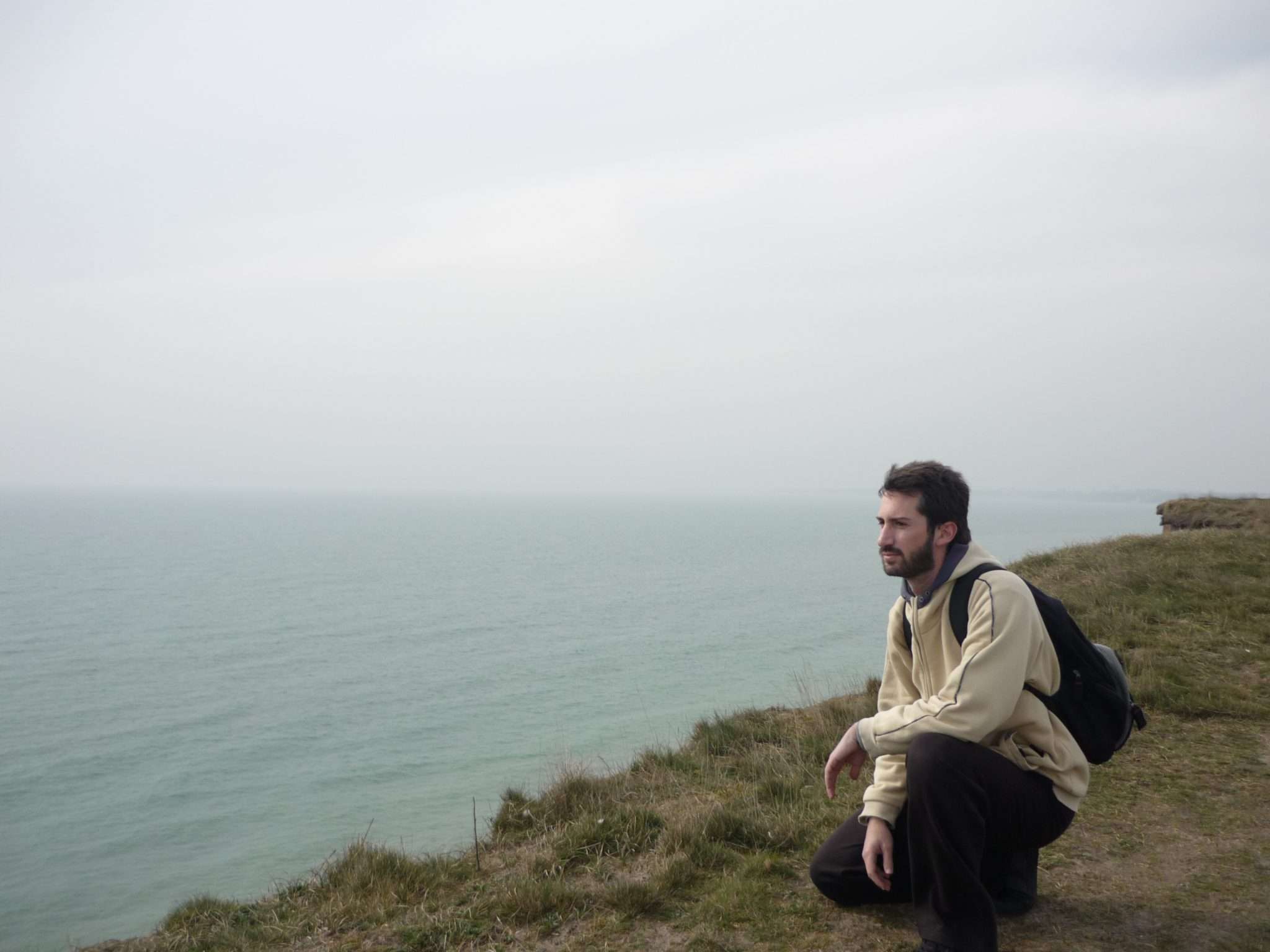Three years ago today, I wrote this post about moving abroad, it went viral for a few weeks and continues to be the most popular on my website. It was followed by a flood of messages, emails, and friend requests. It had nothing to do with whether it was well-written or not. It was just a sincere testimony of my experiences, and it seemed to have resonated with the thousands of other Greeks who left their homeland in recent years. Today, I mark another three years abroad and make a second evaluation of my experience.
I came to the UK for work, having completed all my studies in Greece. I initially went to a city (not London) where I didn’t know anyone. Being 27 and unemployed, my only motivation was to finally support myself with my own money. Along the way, and returning to Greece quite often, I discovered that not everyone who was unemployed had this need, either because they simply had an income stream (maybe their own or their family’s), or because they were afraid to leave everything behind and move abroad.
There was also a minority who, despite being unemployed, were not willing to do any type of job to earn money. Working as a waiter or a receptionist was beneath them because they had a university degree. Despite unemployment in Greece being at 21% at the time, there was a perception that because we graduated from university, someone owes us a good job. Unfortunately, this mentality still continues today, after seven years of a major financial crisis.
I have always been what they call a “jack of all trades, master of none”. By the time I was 27, I had studied Psychology, had transitioned to the media sector, had worked as a waiter, in call centers, in TV shows, in a film festival, and had published two books. When I moved to the UK, I returned to Psychology. Just as I was working in this field for two years, I moved to learning and development (L&D). It was a domain I had never heard of back in Greece.
Don’t worry if you don’t exactly know what it is, either. Even my parents haven’t quite understood yet. It’s something we don’t really have in Greece, mainly because we don’t have that many large businesses. However, we have serious young entrepreneurs, so I hope that this fruit will flourish in our country someday.
I enjoyed the job, but L&D in the healthcare sector did not offer a high salary or a pathway for career development. I saw my peers progressing and getting raises and promotions, and I was afraid that I would get bored again and move to something else, starting all over again. I almost did, when I decided to become a self-taught digital marketer. Thankfully, I abandoned the idea quickly.
Before I knew it, I had already spent a year in L&D. A big plus was that I finished work at 5pm. Free time was a big luxury for me. In London, it always is. You can read here my reflections on life in the UK. The problem was that I was earning less money than people I knew, and London was (and still is) an expensive city. Expenses were piling up, but my salary was stagnant and didn’t budge.
I had to change jobs. However, I only had one year of experience in L&D, and I was already 30. In an interview, the hiring manager asked me, “Looking at your CV, I see that you make career changes frequently. How do I know that you will stay here if we hire you?”
That was the definition of a good question. Needless to say, they didn’t hire me.
I had other interviews, but no matter how close I got to the source, I never drank any water. Someone else with more experience always beat me to the job. I had to acquire marketable skills to become competitive in a very demanding job market. I started investing in my developmen, learning new things, and applying them on the job I had. At the same time, I continued the job hunt.
Within two years, I made almost two hundred applications. For the majority, I never even got a response. Sometimes I thought I would stay in that job forever, serving leaders who made double the money, but didn’t know how to read a zipped file.
Those were the times when my self-confidence hit rock bottom. So, I started looking for jobs outside of London and across Europe. Even in Greece. I found a position on LinkedIn, sent a message for clarification, but they never replied. It turned out to be for the best.
Last November, just when I had given up on job hunting, I received a call from a big company. A multinational that everyone knows. I did the first interview, and it went well. I did four more interviews, and they went well too. They flew me to their headquarters in Luxembourg for a presentation. That one went well, too.
They offered me a job. The offer was extremely tempting, but it had a disadvantage: the job was in Prague. I would have to leave London and move to a city I had not even visited before.
Weighing their proposal, I came face to face with real adulthood. I used to think I had become an adult when I turned 18. Then when I started working. Then when I left Greece. Wrong. Real adulthood comes when you accept the bitter truth: career and money make you make decisions you wouldn’t have made otherwise. Ideals are nice, but at the end of the month they don’t pay the bills. Unfortunately.
I accepted. I didn’t have the luxury to say no. After 6 years abroad, I was given the opportunity to climb up. I wasn’t entitled to stumble.
I’m leaving in three weeks and I have a lot to do. But how do you pack your whole life again? How do you leave everything behind for the second time? How do you give up what you just acquired? How do you go to a country you’ve never been to; where you don’t know anyone; where they speak a language you don’t speak; where they have a different currency? I have no reference point in Prague. Everything will be new. And as exciting as that sounds, it is just as scary.
I’ll get used to it and cope. I have no doubt about that. Those of us who are abroad out of necessity have become excellent tightrope walkers. We are not entitled to fall because, simply put, there is no safety underneath us. We have to cross, no matter how difficult or scary it may feel.
What is the moral lesson, then?
I’m not sure. I think I’m writing this because, after the previous post, acquaintances and strangers were sending me messages asking for advice on whether they should leave the country or not. It was something that showed despair and I respected it, but I never answered with a yes or no. Maybe because I didn’t have a clear answer myself. But now I do, and it is this:
If you want a good job, you can have it. But you will have to eat a lot of shit to get it. And when you get it, it may not be where you want it to be. Are you willing to change your life, not once, but as many times as necessary? Are you ready to make sacrifices and compromises? Can you live with the unknown? If yes, good. Jump into the void and pray for the parachute to open. If not, that’s fine too. Stick with what you know, as long as you don’t complain later. There are no easy solutions.
The only thing I wonder is where I will be in nine years. In Prague? Back in London? Back in Greece? Somewhere else? No one knows.
Do a favor to your children, your siblings, and anyone else you can influence: teach them to love strangers. Anyone who leaves their homeland and family, whether they are immigrants or refugees, has their own reasons and carries their own story. Tomorrow, it could be your child. Or you.





